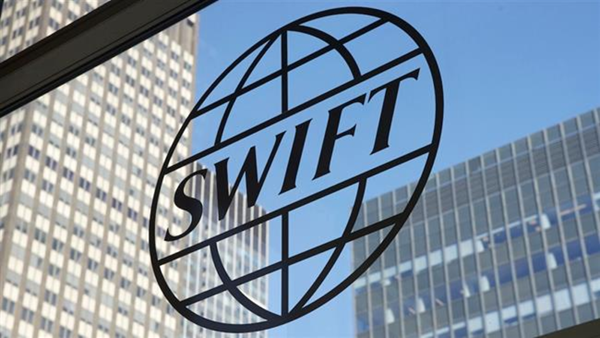Germany: disconnecting Russia from SWIFT will have a nuclear bomb effect on world markets
The future chairman of the German Christian Democratic Union (CDU), Friedrich Merz, said he believes that restricting Russia's access to the international interbank SWIFT system will have a "nuclear bomb" effect on the world markets.
"Loss of confidence in the SWIFT system could be like an atomic bomb for the capital markets, as well as goods and services markets," the DPA news agency quoted Merz as saying. "I foresee a massive economic downturn in our economies if something like this happens. This would affect Russia. But it would also do significant damage to us as a major exporting power."
According to the politician, disconnecting Russia from SWIFT "can undermine the foundation of this international payment system." Merz fears serious consequences not only for European-Russian, but also for world trade.
Last week, a group of Democrats led by foreign affairs Committee Chairman Robert Menendez introduced to the US Senate a bill called “Defending Ukraine Sovereignty Act of 2022”, which outlines restrictions against Russia in case of escalation of tensions around Ukraine. It involves the imposition of sanctions against the Russian president, prime minister, foreign ministers and defense ministers, the chief of the general staff of the Russian Armed Forces and other representatives of the military leadership, as well as limiting Russia's access to the international interbank payment system SWIFT. In addition, sanctions may be imposed against the Nord Stream 2 pipeline.
Earlier, Russian Finance Minister Anton Siluanov in an interview with the TV channel "Russia-24" expressed the opinion that disconnecting Russia from the SWIFT system would hurt everyone because for this Europe would have to stop buying Russian goods.
By mid-December, about 100,000 Russian troops were deployed near the Ukrainian border, including about 50 highly mobile battalion tactical groups, the Financial Times writes, citing sources familiar with Western intelligence data.
According to the estimates, that the number of troops could rise to 175,000 by the end of January, when the ground will freeze and be more suitable for tank movement in the event of a ground invasion.
Two long-time Putin's confidants told the FT that the most likely casus belli would resemble the one that led to the start of the war with Georgia in August 2008. Russia then responded to Tbilisi's attempt to gain control over South Ossetia by sending troops into Georgian territory with air and artillery support, using a blockade from the sea and cyberattacks.
Moscow will present the conflict with Ukraine as an attempt to protect the Russian-speaking population in the Donbas from what it will call "Ukrainian aggression", FT sources said.
The news background for such a development of events is already being prepared. On January 3, the People's Militia of the self-proclaimed Luhansk People’s Republic announced that on December 27, Ukrainian "nationalist militants" seized a school in the village of Valuske in the Donbas, and are now setting up headquarters there: cars with armed men and artillery reconnaissance equipment are arriving.
The LPR People's Militia said that the forces of the Ukrainian army are moving to the captured school.
